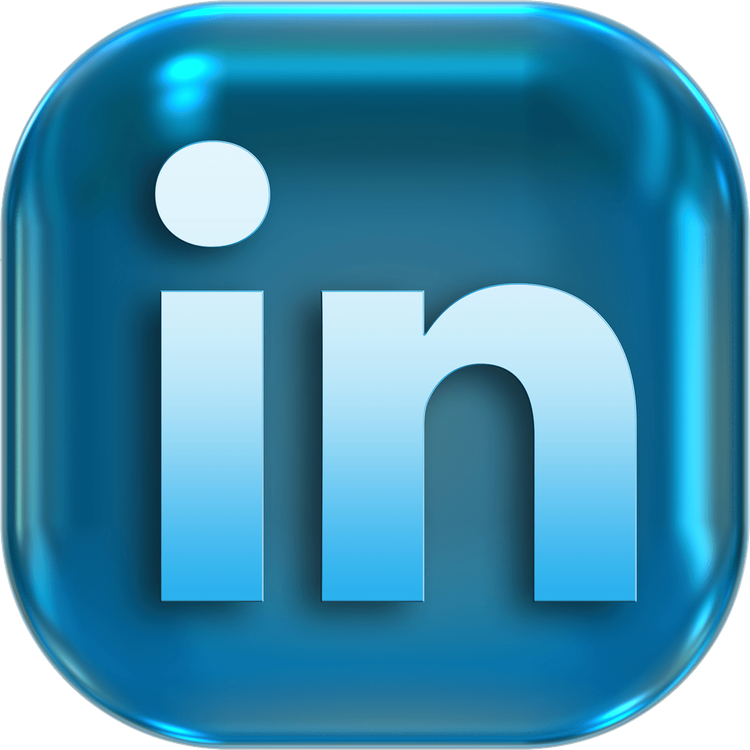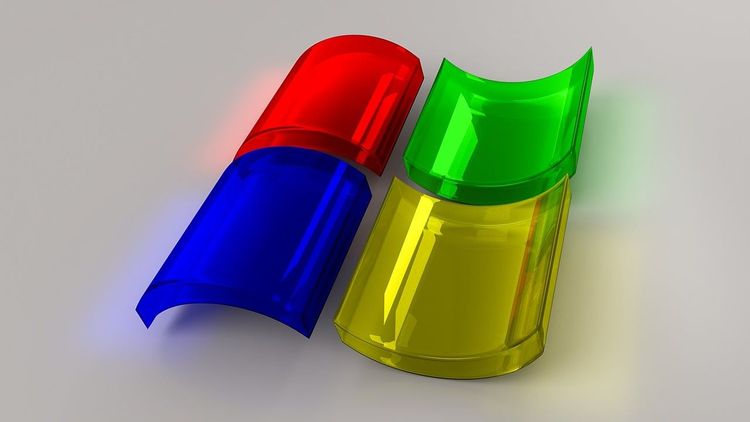When Alex Ewing was a child in Purcell, Oklahoma, he recognized how close he was to home by the billboards visible from his car window. Now, as the CEO of OneScreen.ai, Ewing is empowering startups like fintech Ramp and tech recruiter Karat to promote their brands through billboards and other out-of-home (OOH) advertising platforms.
"I believe billboards are a unique medium that inject creativity back into marketing," Ewing shared. "They serve as canvases for marketers in ways that digital screens often do not."
Ewing joined OneScreen, based in Boston, last year. The company acts as a software-driven facilitator connecting startups with various OOH advertising opportunities, including billboards and subway ads. OneScreen analyzes potential customer profiles and leverages demographic and historical data to determine the best ad placements for startups. Additionally, the platform utilizes anonymized location data to enable companies to track the success of their advertising campaigns effectively.
OneScreen has successfully raised $4.7 million from notable investors, including Asymmetric Capital Partners, Techstars, and Impellent Ventures. The company is currently profitable and witnessed a revenue increase of threefold last year.
According to Ewing, billboards and OOH marketing are rapidly gaining popularity among startups. Statista estimates that OOH advertising spending in the U.S. is projected to hit $9.3 billion this year, with projections nearing $12 billion by 2029.
But why would a B2B company like Ramp invest in traditional consumer advertising methods, such as city buses or subway interiors? Ewing highlights that many businesses are refocusing their marketing strategies on OOH advertising after years of prioritizing digital channels. He pointed out that privacy regulations and the rise of ad-blocking have diminished the effectiveness of online advertising, prompting a shift.
"B2B, B2C, and companies ranging from Series A to established public entities are realizing they can't continue investing heavily in digital strategies due to a lack of ROI," Ewing explained. "Costs are rising, while effectiveness is declining."
Ultimately, this type of advertising fosters brand recognition, which can be surprisingly beneficial for B2B firms, even if most viewers are not direct customers. In February, Hila Perl, director of strategic communications at Papaya Global, noted the B2B HR startup's decision to purchase a $7 million Super Bowl ad for this very purpose.
"This isn’t merely a lead-generation strategy," Perl clarified regarding the ad investment. "Yes, we aim for a tangible ROI, but we understand this initiative is focused on brand awareness, not direct sales. Building our brand is a long-term endeavor."
While OneScreen cannot dictate who views an OOH advertisement, Ewing assures that the company can effectively target specific audiences. B2B clients can provide OneScreen with lists of desired customer companies, and OneScreen's technology will create a tailored advertising strategy that includes placements close to the headquarters of these target firms or in areas where their employees commute. By analyzing anonymized cellphone tracking data, OneScreen can assess how the ad impacts metrics like website traffic among viewers versus non-viewers.
However, one challenge is the difficulty in quantifying the ROI of OOH ads compared to the clear path from clicking a digital ad to making a purchase. Nonetheless, there is hope that seeing a New York MTA bus adorned with a Ramp advertisement will yield better results than a cold email sales pitch.
"There’s nothing quite as impactful as encountering a brand in the real world," Ewing stated. "If you present it to the right audience, this can significantly enhance inbound interest and even drive leads."







